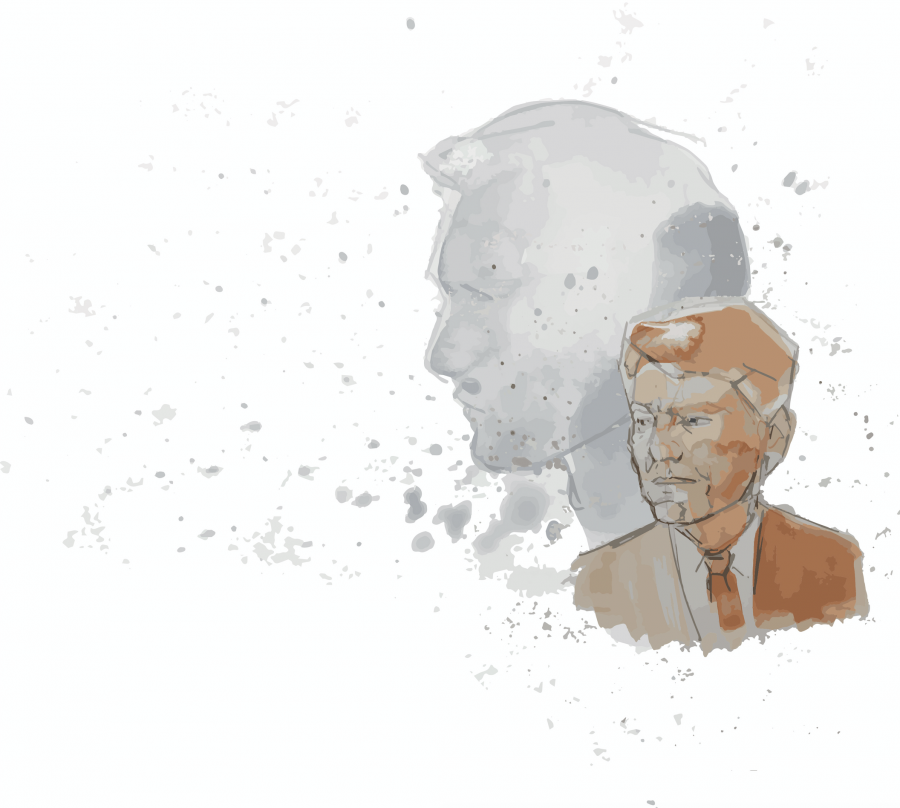Sexual assault cases at the University level rely on two main components: a definition of assault and a structured process for making disciplinary decisions and hearing appeals.
UT’s student handbook defines sexual assault as sexual contact without consent. It defines consent as “a voluntary, mutually understandable agreement” to engage in sexual activity, with an addendum stating that consent is not applicable if it results from “incapacitation” — i.e. intoxication by drugs or alcohol. Essentially, UT’s policy states that drunk people are not capable of giving consent. Sex with a drunk person can be considered rape.
The University’s hearing process seeks to determine if an individual’s behavior violated this definition of consent. These processes are initiated either by the University or by the Title IX office. They mirror criminal courts in certain key ways — evidence is collected and reviewed, witnesses are interviewed, arguments can be heard from either side, a decision is reached and appeals are possible.
UT has a three-tiered system for hearing these cases: An initial decision by either a University court or the Title IX office, an appeal hearing with a University hearing officer and, crucially, a final appeal directly to President Gregory Fenves. Fenves is the end of the line — there is no higher outlet for appeal.
The case of John Doe v. Gregory Fenves presented a test of both the definition UT uses to assess sexual assault and its system for responding to it. The case revealed deep flaws in our system for disciplining rape on campus.
A male student who Fenves suspended for sexual assault alleged that Fenves had a conflict of interest because the female student’s father was a University donor. On Monday the case came to an abrupt end — the University will settle, and the student will be readmitted in the spring.
From the outset, the case rebuked UT’s disciplinary hearing framework. With Fenves at the top, the most significant judge in this system is also “the most political figure at the University,” according to Doe’s attorney Brian Roark. The lawsuit claimed Fenves had a pre-existing bias toward the female student. Beneath the surface, however, the lawsuit challenged the University’s definition of consent.
Specifically, the lawsuit by the accused took aim at the University’s stipulation that intoxication removes someone’s ability to give consent. The suit claims that “this new unfair policy allows an individual to retroactively withdraw consent for sexual activity.” Essentially, the lawsuit criticizes UT’s definition for enabling drunk students to claim they were assaulted in situations where assault isn’t necessarily applicable.
It’s hard to overstate the potential significance of this sentiment. By attacking the definition of consent itself, instead of the system that interprets it, the lawsuit made the core of UT’s sexual assault policy vulnerable to criticism and possible change.
But this attack is misguided.
The faultlines of this case lie with presidential power, with biased judgements and hazy communication — not with UT’s definition of consent.
UT’s definition of consent reflects the realities of rape on campus. The relationship between alcohol and sexual assault within college communities is time-tested and strong. The overwhelming majority of college sexual assaults feature alcohol as a contributing factor. At UT alone, 69 percent of students who had been assaulted say they were intoxicated at the time. We need a system that can effectively discipline cases where alcohol is used as a weapon.
UT’s consent guidelines are a step in the right direction. Its hearing system is not.
As it currently stands, case outcomes rest on the most potentially politically motivated and controversial position at the University, leaving the futures of both accused and victimized students in the hands of someone who may not be completely objective. Accused students must be afforded due process. But due process shouldn’t be the enemy of progress. We need a system that can maintain students’ rights while ensuring that students who have been assaulted have a safe learning environment.
We need an independent review process to determine cases of sexual assault. Not a university president making the decision alone. Not an unnamed university official or faculty member. We need a group of well-trained and legally competent people who understand the gravity of the cases they examine. We need transparency in our disciplinary processes and a non-biased framework for assessing guilt.
Students deserve better than University inaction when they come forward about sexual assault. And students deserve better than to worry whether or not they will be suspended behind closed doors.
Anderson is a Plan II and history sophomore from Houston. Follow her on Twitter @lizabeen.





















